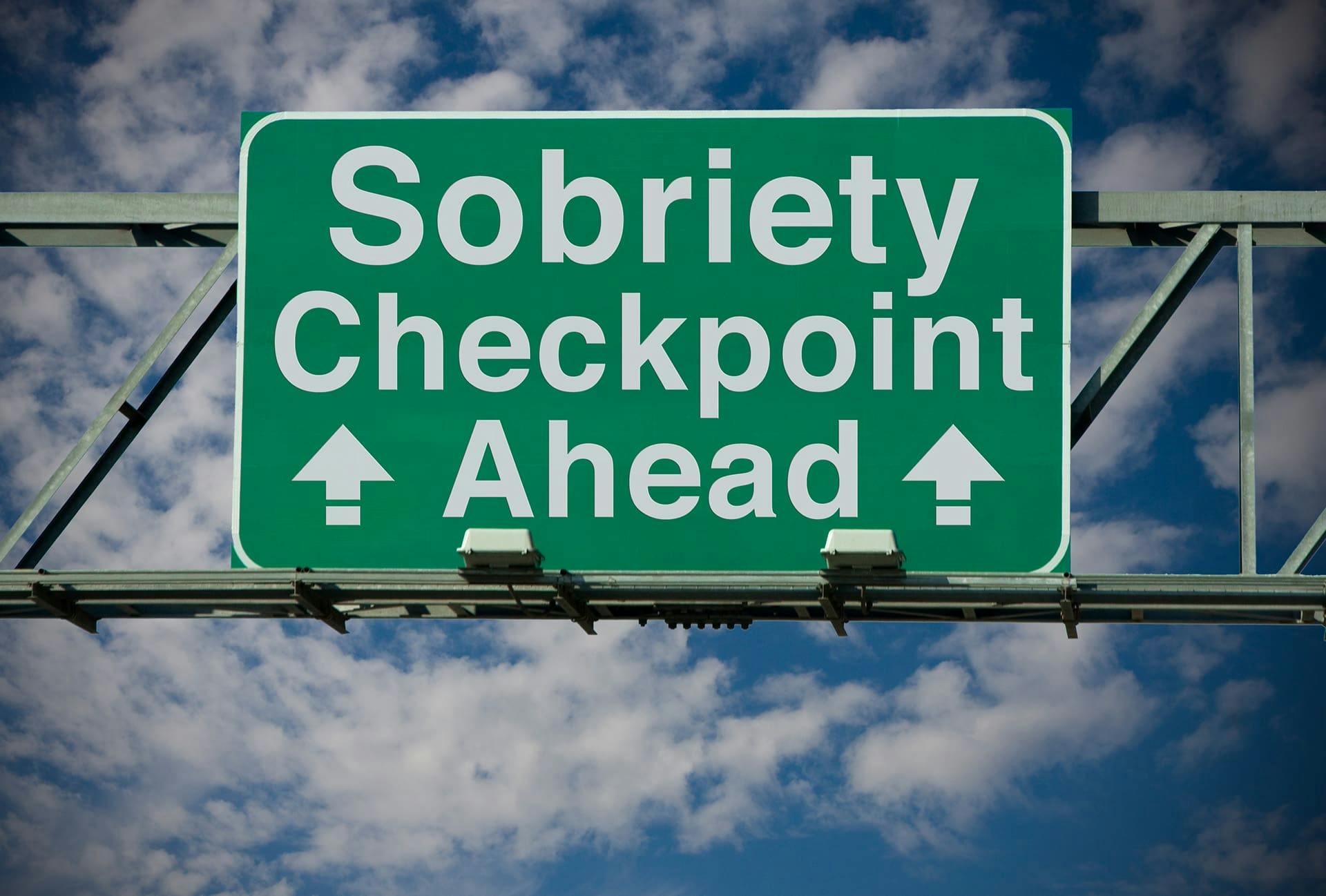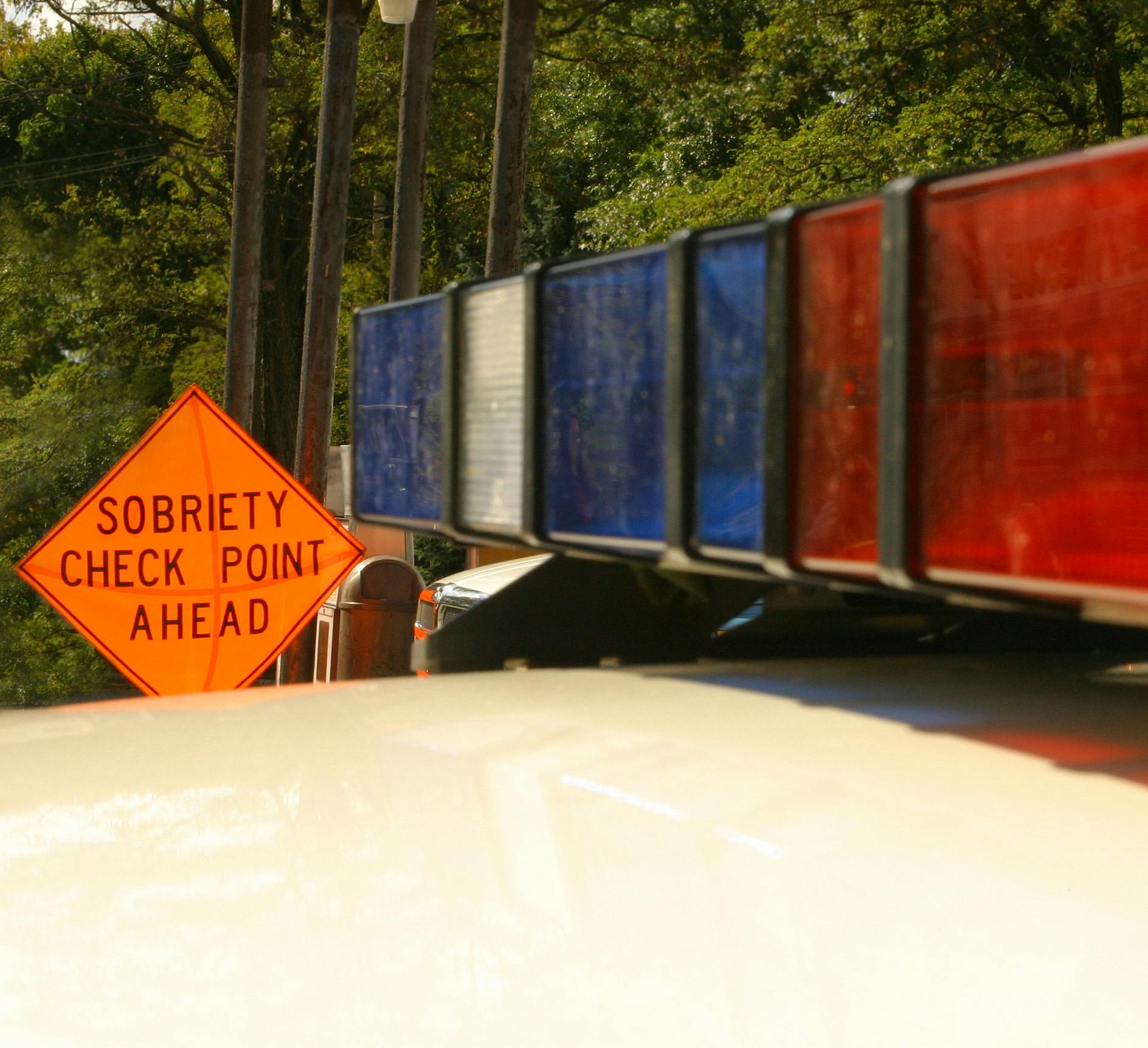Massachusetts law allows law enforcement to randomly stop vehicles without probable cause, such as erratic driving behavior, speeding, or traffic violations. For these checkpoints to be considered constitutional, they must be performed with strict regulations, including informing the public that a checkpoint is scheduled.
Law enforcement and OUI checkpoints
Law enforcement personnel from local police departments participate in sobriety checkpoints. These checkpoints must be managed properly and allow for the safe direction of traffic into the checkpoint. As a vehicle approaches the checkpoint, the officers will observe how the driver is operating the vehicle, wave them into the checkpoint, and take notice of the driver’s reaction to being pulled over. At the initial stop, a law enforcement officer will speak with the driver, while looking for signs of alcohol or drug intoxication, such as the smell of alcohol, open alcohol containers, bloodshot eyes, slurred speech, or other symptoms.
Depending on the observations of law enforcement, a driver could be asked to move to a secondary area, where they will be directed to perform roadside sobriety tests and be questioned about the consumption of alcohol or drugs. After testing, the driver may be charged with drunk driving.






